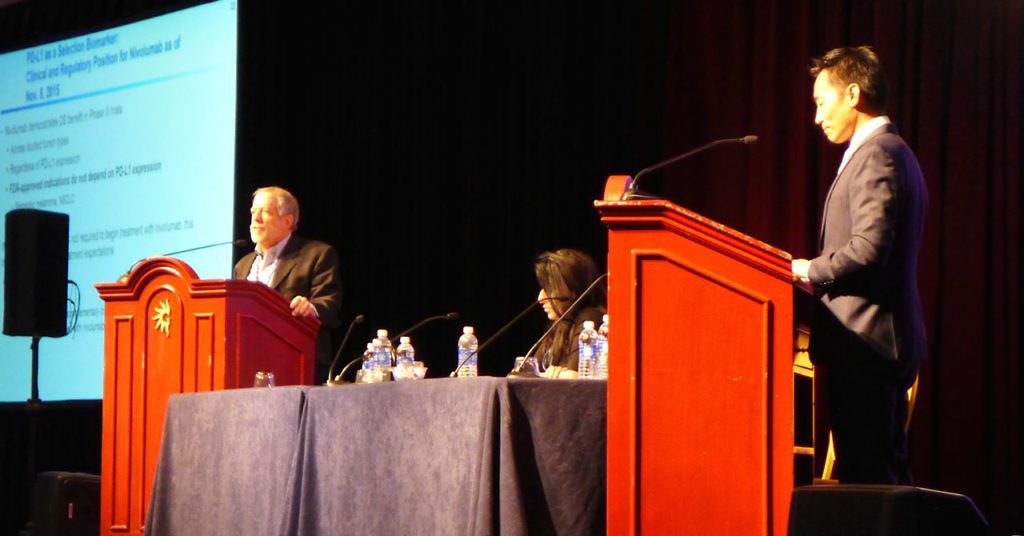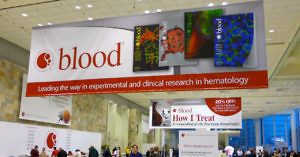OX40 immune agonists at AACR 2016
 It’s Day 6 of our Countdown to the AACR 2016 annual meeting in New Orleans. We’re at the halfway, 6 posts written and 6 more to go! Then it will be daily Live blogs from the meeting.
It’s Day 6 of our Countdown to the AACR 2016 annual meeting in New Orleans. We’re at the halfway, 6 posts written and 6 more to go! Then it will be daily Live blogs from the meeting.
There’s a lot of cancer immunotherapy at AACR this year, so after yesterday’s post on GITR we’re continuing our mini-series with a look at another immune agonist.
Today, we’re moving onto OX40 (CD134) as a novel immuno-target. Regular readers will know that we’ve been following this target for some time.
Immune agonists such as GITR, OX40, CD40, CD27 and 4-1BB help to rev up T cells. As Dr Tom Gajewski (Chicago) told us last year, in an interview published on the blog:
…there are inhibitory receptors on activated T cells that are involved with shutting immune responses down. There are also activating receptors that help to rev up those T cells. You might question whether you can push an activator and block an inhibitor, and maybe get a good anti-tumor response going as well.
When we drive a car, we both lift our foot off the break and we step on the accelerator. We have really beautiful data in animals that that this is exactly the case, that if you hit one of those strong positive regulators, and block just one of the negative regulators, you can have complete disappearance of the tumors in mice.
Several of those positive agonistic antibodies against costimulatory receptors are in the clinic. One of them is anti-OX40 that a couple of groups have in the clinic. We’re working with Genentech, that has one of those agents in phase I.
What does the OX40 competitive landscape look like?
In those post we’ve provided commentary on some of the new products in development from companies and highlighted a surprising number of abstracts that you’ll want to watch out for at AACR 2016 if you’re on the cancer immunotherapy track.
Subscribers can login to read today’s Road to AACR 2016 post.
This content is restricted to subscribers

 What questions are BSB readers sending in to us this month?
What questions are BSB readers sending in to us this month?
 The 2015 annual meeting of the American Society of Hematology (ASH) (Twitter #ASH15) in Orlando has a bumper crop of interesting data.
The 2015 annual meeting of the American Society of Hematology (ASH) (Twitter #ASH15) in Orlando has a bumper crop of interesting data.